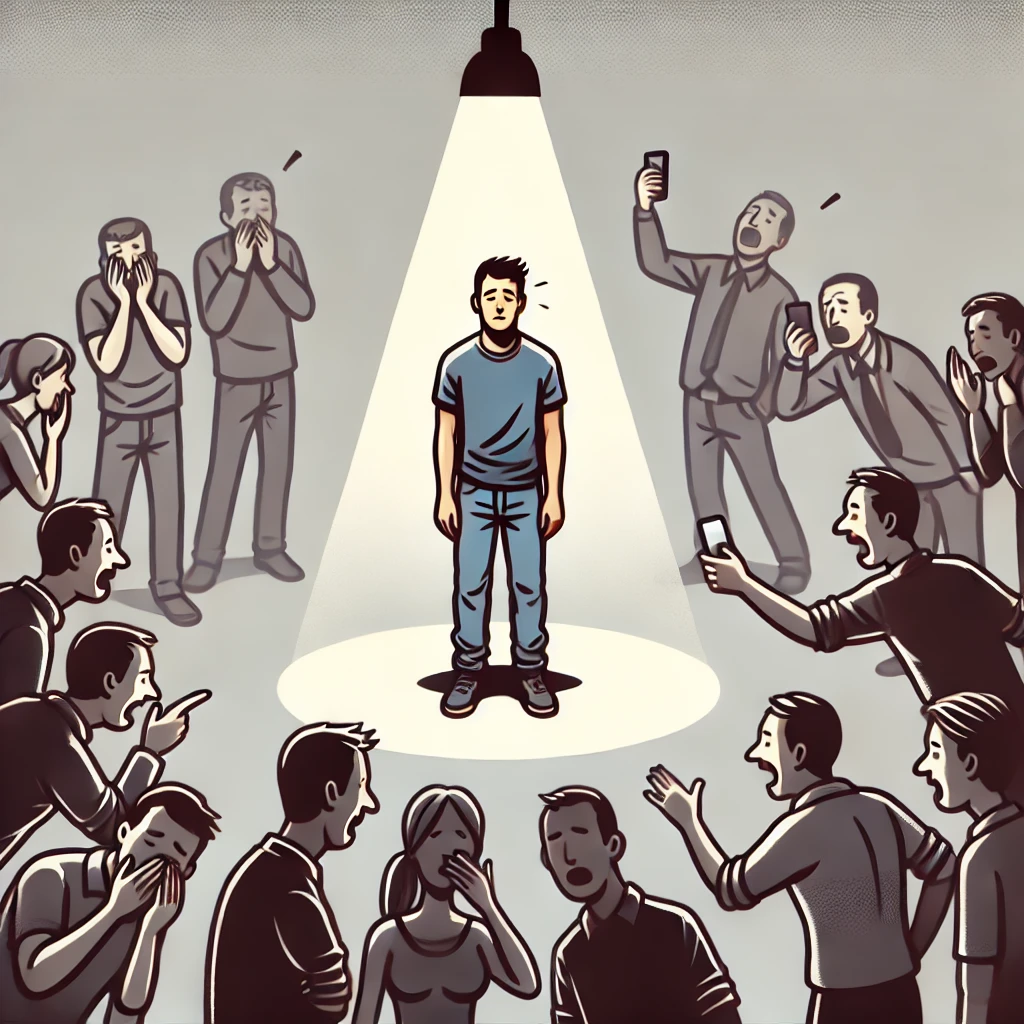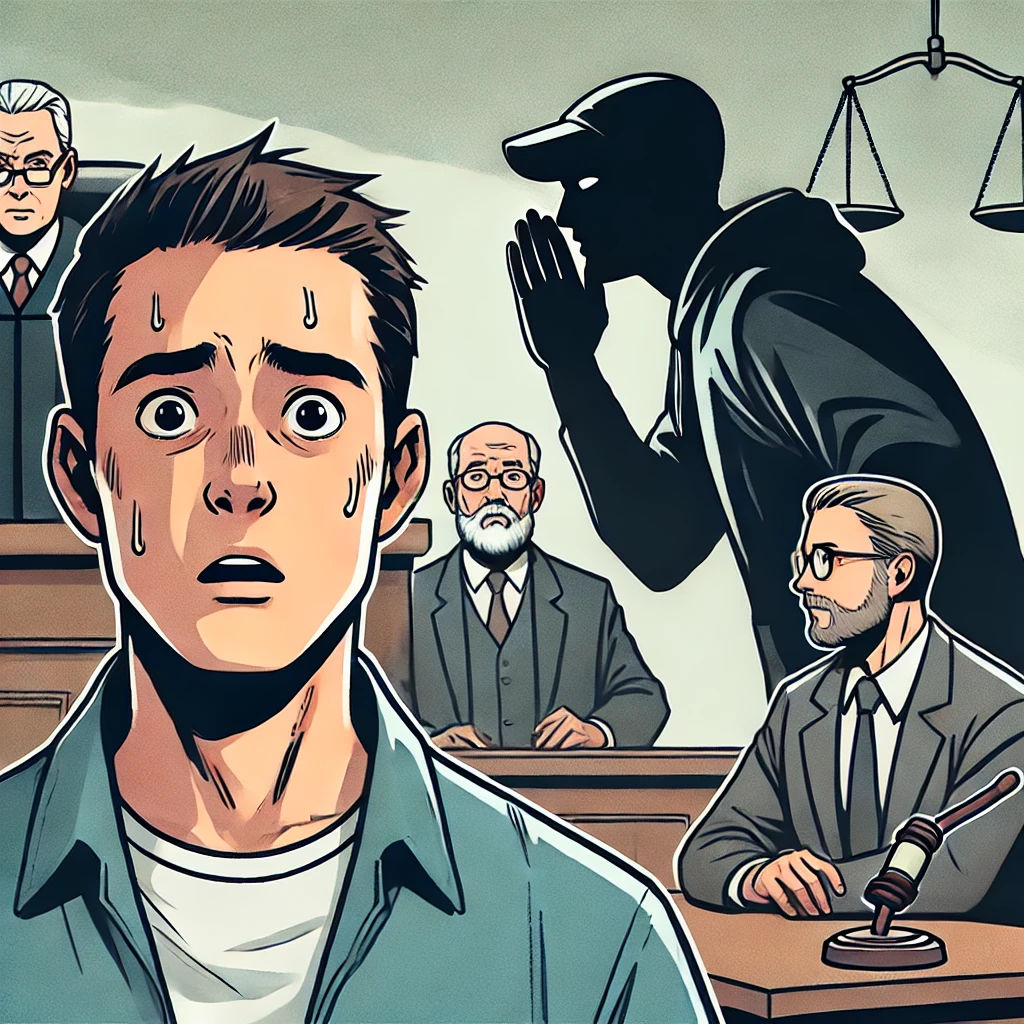Jake Virtanen, former Vancouver Canuck, was just acquitted of sexual assault. He was falsely accused of assault. But let’s be honest—the damage was already done by the time the verdict came in. The guy lost his NHL career after being accused of non-consensual sex by a woman who later went to the police. Charges were eventually laid, but not until five years after the alleged incident. Let that sink in—he lost everything long before he stepped into a courtroom.

The Jake Virtanen Case and What It Means for the Falsely Accused
This raises a bigger question: Should someone falsely accused of assault be able to sue for damages? If a person’s career tanks over an allegation and they’re later found not guilty, shouldn’t they have some way to recover? Look at Johnny Depp—he sued for defamation after Amber Heard’s Washington Post op-ed, and a jury awarded him $10.35 million. That wasn’t even about criminal charges—just the damage to his name.
So if an NHL player like Virtanen loses a multi-million-dollar contract over an accusation and is later cleared, should they be able to go after the team or the accuser?
Not Guilty ≠ Innocent: The Reality of Criminal Trials (Falsely Accused of Assault)
Here’s a fact that gets lost in the conversation: Not guilty doesn’t mean innocent. It just means the prosecution couldn’t meet the insanely high burden of proof—beyond a reasonable doubt.
In a criminal case, the jury isn’t asked, “Do you think he did it?” Instead, they’re asked, “Are you absolutely sure he did it?” If the answer is anything less than 100% certainty, they have to acquit. So in a case like Virtanen’s, maybe the jury thought there was a 70% chance he was guilty—but 70% isn’t enough for a conviction.
And unless you were sitting in that courtroom every day, reading through every piece of evidence, you don’t know exactly what went down. That’s the frustrating thing about cases like this: people pick a side without having all the facts.
What Happens When Someone Falsely Accused of Assault Loses Everything?
Let’s say there’s another NHL player who’s falsely accused of assault. He’s never charged, but the accusation alone is enough for his team to cut him. He loses a $10 million contract, his endorsements dry up, and his reputation is wrecked. If it turns out he was innocent all along, what’s his recourse?
Realistically, he’d have two options:
- Sue the team – Except NHL contracts don’t always require a criminal conviction for termination. Teams can buy out contracts with little explanation. So a wrongful termination lawsuit wouldn’t be easy.
- Sue the accuser – That’s the defamation route, but it’s complicated. Reporting an alleged crime to the police is protected under qualified privilege, meaning it’s nearly impossible to sue for defamation over a police report. But if the accuser took it public—on social media, in interviews, etc.—then there’s a case.
The best example? O.J. Simpson. Acquitted in criminal court but later lost a $60 million wrongful death lawsuit because civil cases only require a “balance of probabilities” (51% certainty) instead of beyond a reasonable doubt (98-100% certainty).

Public Opinion Moves Faster Than the Law
One of the biggest problems when someone is falsely accused of assault like this is that companies and the public act before the courts.
- People see an allegation and assume it’s true.
- Sponsors pull their deals.
- Teams cut players.
- Employers fire employees.
No trial, no evidence—just an accusation. And once that damage is done, even a not guilty verdict doesn’t undo it.
That’s why lawsuits like Johnny Depp’s happen. He didn’t just want money—he wanted his reputation back. If someone is falsely accused of assault and loses their career over it, they should at least have some way to fight back.
But in cases like Virtanen’s, there’s no easy answer. He was found not guilty, but did the Canucks drop him because of the allegation? If they did, would he have a case?
Hockey players across Canada might be watching this case closely—because no one wants to end up in the same situation.
Author: Nathan Wexler
Bio: Nathan Wexler is a legal analyst and former sports journalist specializing in defamation law, wrongful accusations, and professional athlete contracts.

